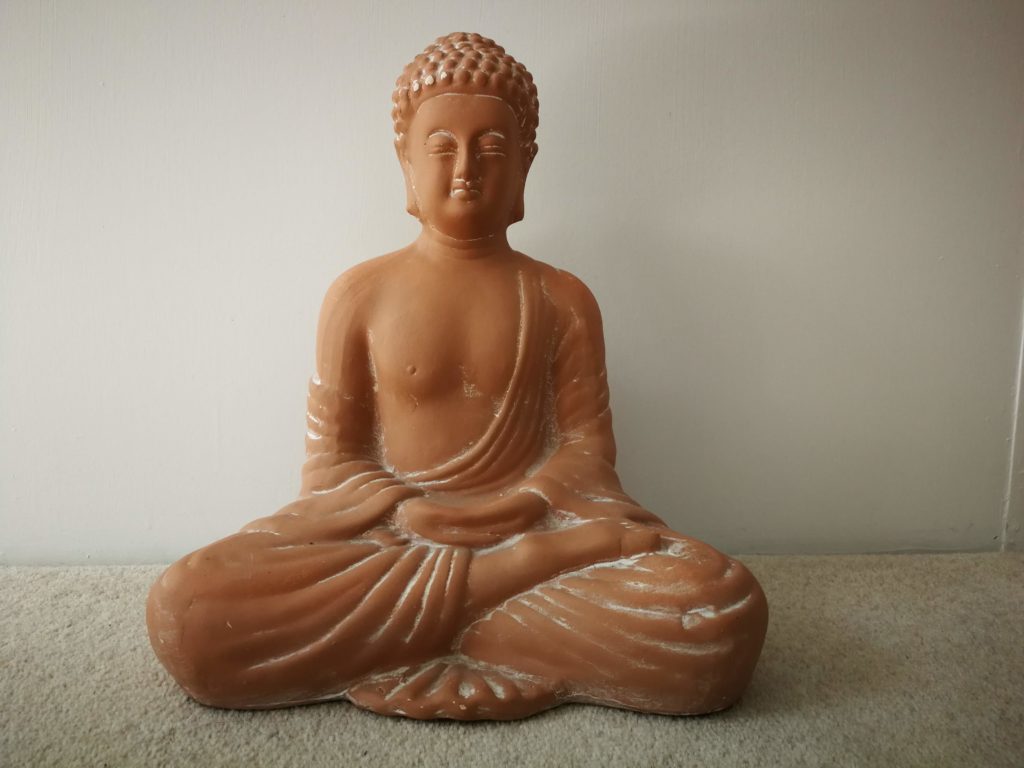There is a wealth of research that suggests that spending just 10 minutes a day quieting the mind and practicing non-judgemental acceptance can have a transformative effect on your health and happiness, reducing anxiety and improving stress tolerance, as well as sharpening cognitive function, strengthening social engagement and improving personal relationships.
At the start of each year many of us reflect on what we can do more (or less) of to make the year happier and healthier. 20 years ago meditation wouldn’t have been high on many people’s lists, but in 2020 the stresses of modern life mean taking regular time ‘out’ is more imperative than ever. Meditation and Mindfulness have become buzzwords for wellbeing and here is why:
-
Stress Buster: It is now well accepted that having a regular meditation break is beneficial for wellbeing and helps relieve the daily build-up of stress.
-
Physical Health Booster: Scientific studies have shown that meditation can also boost immune function, improve cardiovascular health and be as effective as some medication for pain relief.
-
Work and Study Accelerator: Many schools and offices have incorporated meditation into the curriculum, or workplace, because of the positive effects it has on concentration and memory, and the benefits of increased empathy and social connectedness on workplace relations.
How does Meditation Work?
Meditation changes the way people experience stress, pain or anxiety by creating a non-judgemental awareness of those experiences.
Although more research is needed to fully understand the biological transformation that takes place through meditation, neurological research (neuro-imaging) now suggests that meditation may produce physical and biological changes to brain density and responsiveness. And it is not only those who have years of practice who can benefit. One study in the US showed that after just 2 weeks of learning meditation, people’s bodies adapted more healthy ways of accommodating stressful situations. Their blood pressure was lower and their cortisol levels (stress hormones) were reduced, showing that even after a short period of regular meditation practice, people were coping better with stress.
How can I start?
Simple techniques in meditation such as the “mindfulness of breathing” and the “body scan” are easy to learn and can be practiced at home or even in a quiet space in the office. There are now many apps (such as https://insighttimer.com; https://www.headspace.com; and www.calm.com) that support a home based meditation practice, as well as courses and retreats for those who wish to benefit from group meditation (such as https://gaiahouse.co.uk; https://www.rivendellretreatcentre.com; https://www.lighthouseretreatcentre.org ).
Why not try out some short meditations on my website.

